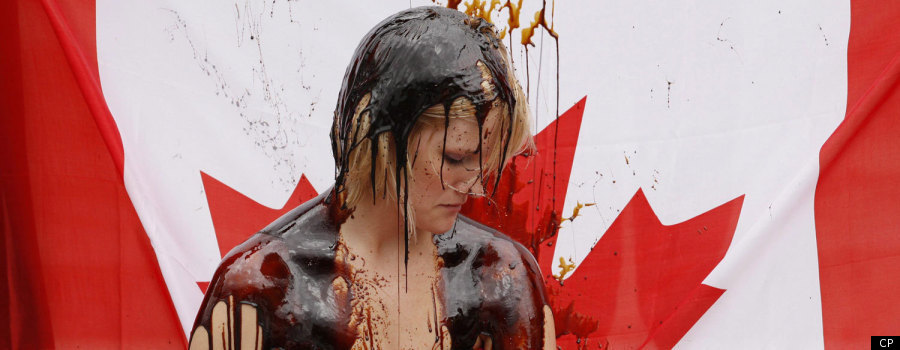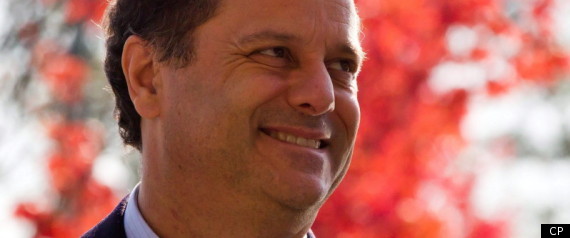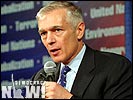 A US judge has rejected a $285m (£184m) settlement between Citigroup and Wall Street's regulator, the SEC, over the sale of toxic mortgages.
A US judge has rejected a $285m (£184m) settlement between Citigroup and Wall Street's regulator, the SEC, over the sale of toxic mortgages.Federal court judge Jed Rakoff ordered a trial, saying the settlement was "neither reasonable, nor fair, nor adequate, nor in the public interest".
The SEC claimed Citigroup sold $1bn worth of mortgage assets and then bet that their value would fall.
Neither the SEC nor the US's third-largest bank had any immediate comment.
In a written opinion, the Manhattan judge said the allegations against Citigroup should go to trial.
Under the settlement, agreed in October, Citigroup was to pay $285m to compensate investors for losses on the mortgage assets, which plunged in value months after the bank sold them in 2007.
Investors lost $700 million, according to the SEC, while Citigroup made about $160 million in profits.
The trial would seek to establish clarity about the financial markets and the Security and Exchange Commission's responsibility to uncover the truth, the judge said.
"Although this [settlement] would appear to be tantamount to an allegation of knowing and fraudulent intent... the SEC, for reasons of its own, chose to charge Citigroup only with negligence," Judge Rakoff said.
He said that the settlement, in which Citigroup did not admit or deny the accusations, did not give him enough information to know whether the deal was fair or correct.
"The court concludes, regretfully, that the proposed Consent Judgment is neither fair, nor reasonable, nor adequate, nor in the public interest," the judge said.
Origin
Source: BBC



































